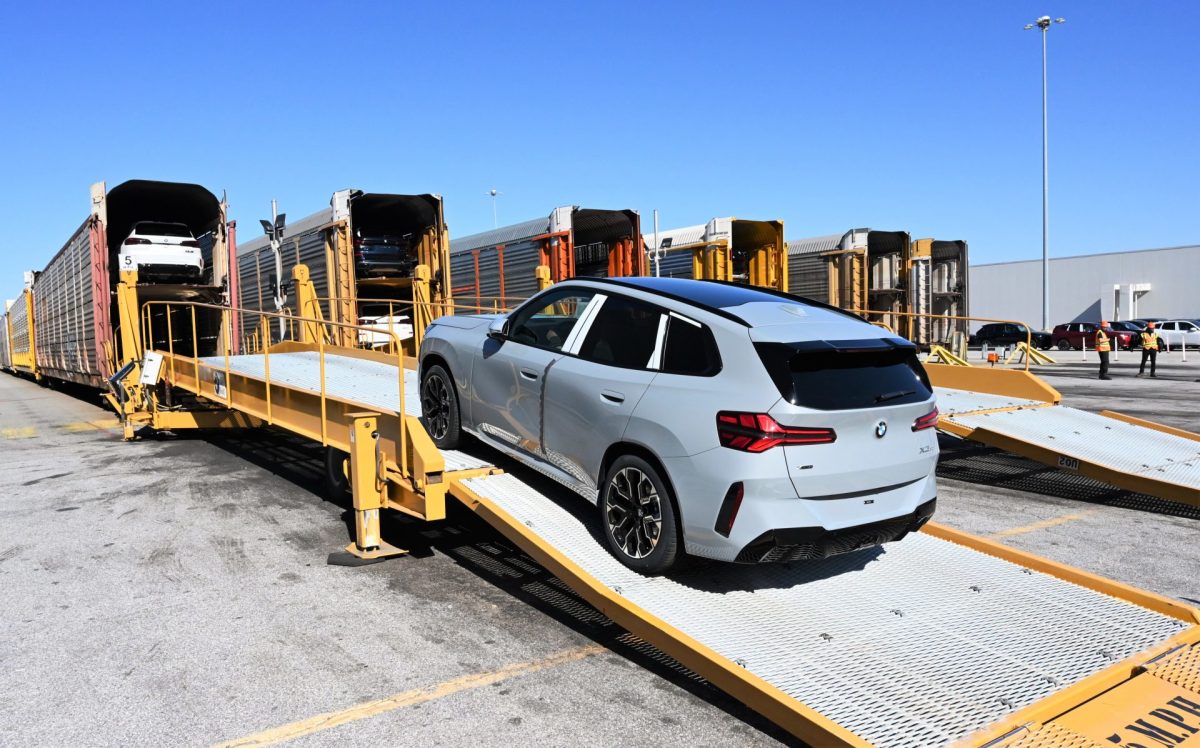Ford and Automakers Seek Tariff Changes

The automotive industry is in a bit of a pickle with tariffs these days. Ford’s CEO, Jim Farley, recently spoke at Ford’s Kentucky Truck Plant, highlighting the ongoing issue of tariffs on imported car parts, even as he appreciated some changes made by then-President Trump to support automakers. The conversation mainly revolved around tariffs that, although adjusted, still pose significant challenges for the industry.
Trade Tariff Adjustments
In a play to appease the automotive sectors, two executive orders were signed by President Trump. The first prevents other levies from compounding on top of a hefty 25% tariff on auto imports. The second offers provisional tariff relief, cutting costs on imported parts. However, any joy here is short-lived, as these benefits are set to phase out in the next two years. Trump pitched this as leverage to push manufacturers to produce more within the United States, but industry leaders remain skeptical.
Export Credits Sought by Ford
Ford’s business model heavily relies on exporting vehicles built in the U.S. to foreign markets. Limited by trade tensions, particularly with China, they had to halt exports of some top-sellers like the F-150 Raptor and Lincoln Navigator due to steep retaliatory tariffs reaching up to 150%. Farley argues that companies deserve recognition, possibly in the form of policies, for exporting vehicles. He maintains that Ford exports nearly as many vehicles as it imports, calling for a system that rewards such contributions to the domestic economy.
Other Exporters
BMW’s Spartanburg plant is a prime example of an export powerhouse, touting the title of the top automotive exporter by value in the United States for 2024. It shipped nearly 225,000 units of models like the X3 and X5 globally, translating to $10.1 billion in export value. In fact, over 63% of BMW’s U.S. production is for export. This scenario isn’t unique to BMW; Toyota, Honda, Mercedes, and Tesla are also key players in the export market. There’s a case to be made for rewarding companies that contribute to a positive trade balance through exports.
Final Thoughts
There is potential in crafting policies that encourage U.S.-based production for foreign sales. This could bolster not just giants like Ford and BMW, but also help other players in the market. It’s a waiting game now on whether such initiatives will be realized or remain merely conceptual in the strategic minds of industry leaders.
Porsche Faces Storm
2025 Auto Turmoil
Toyota's $15K Electric Hit
Porsche Panamera 4S
Driven by New Tech